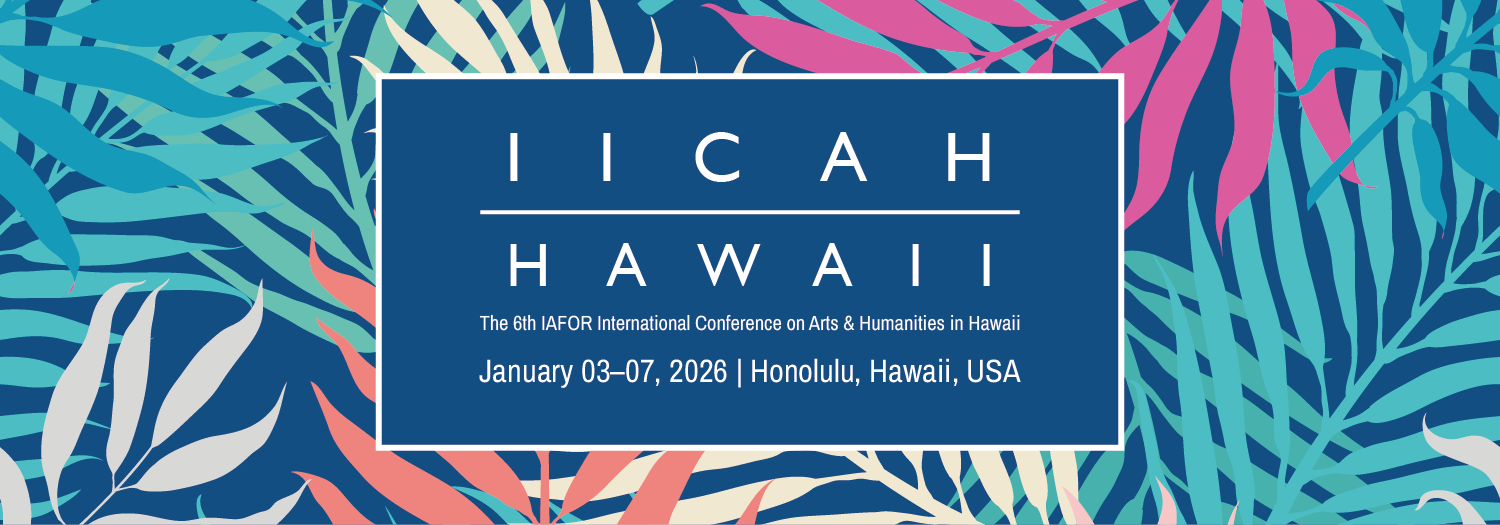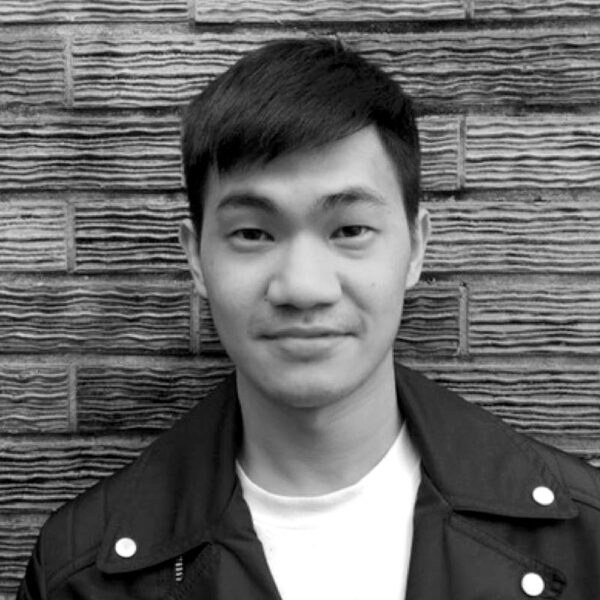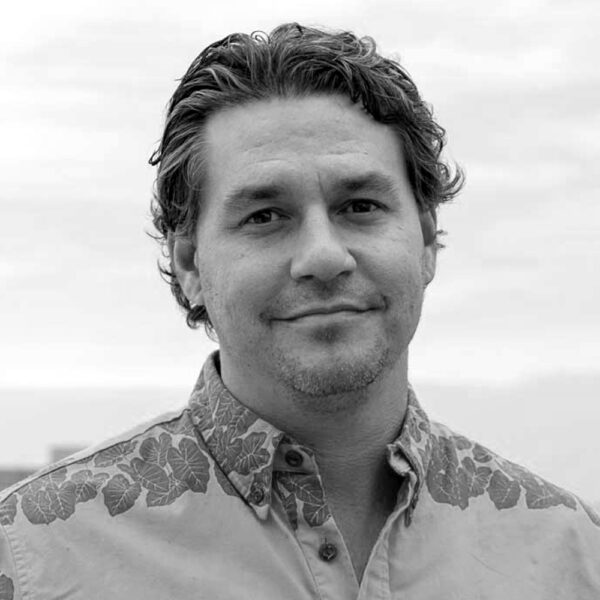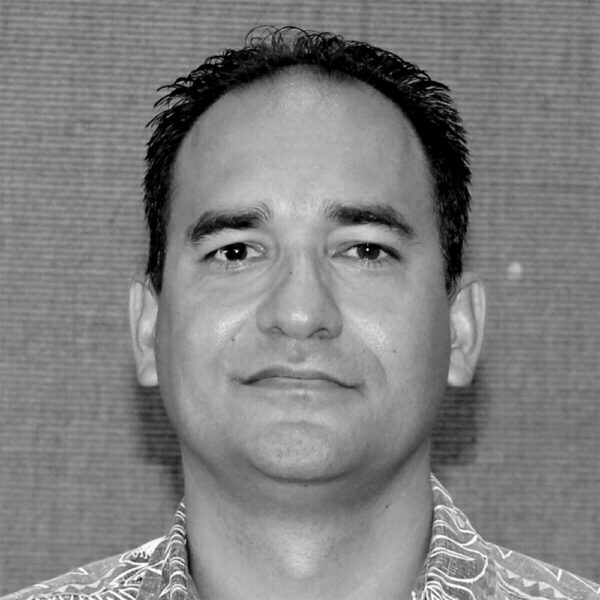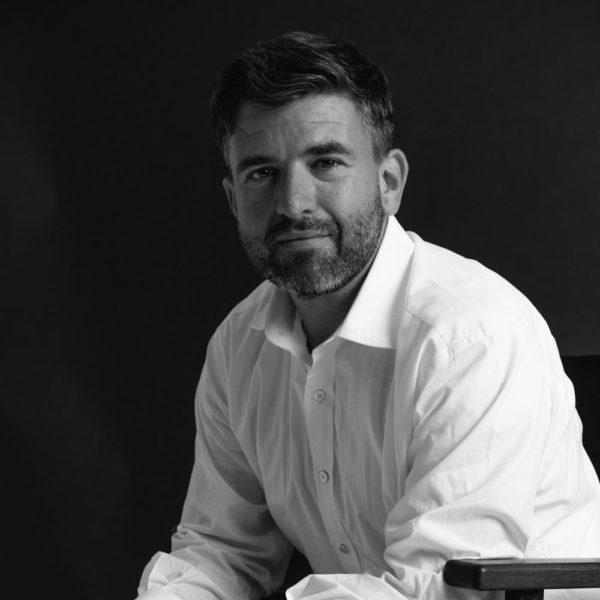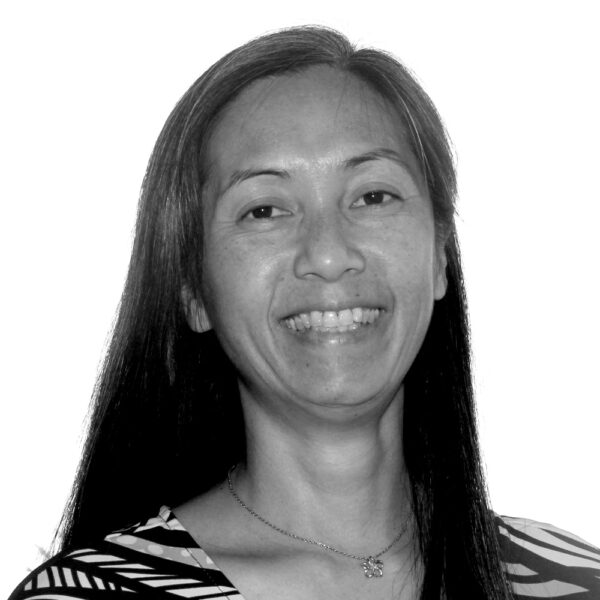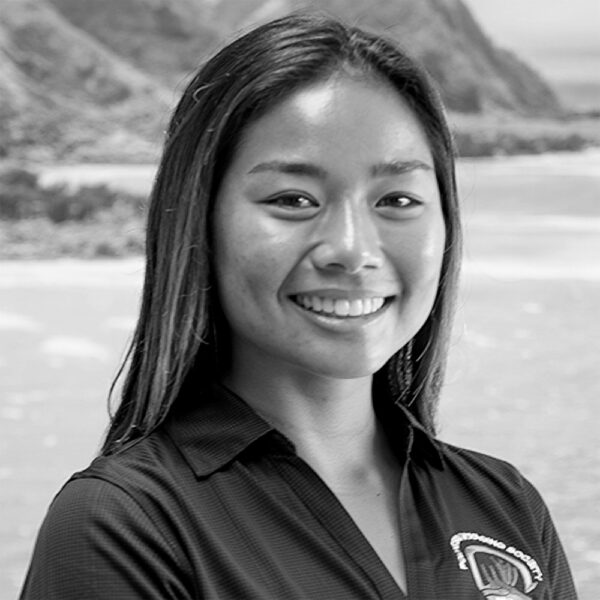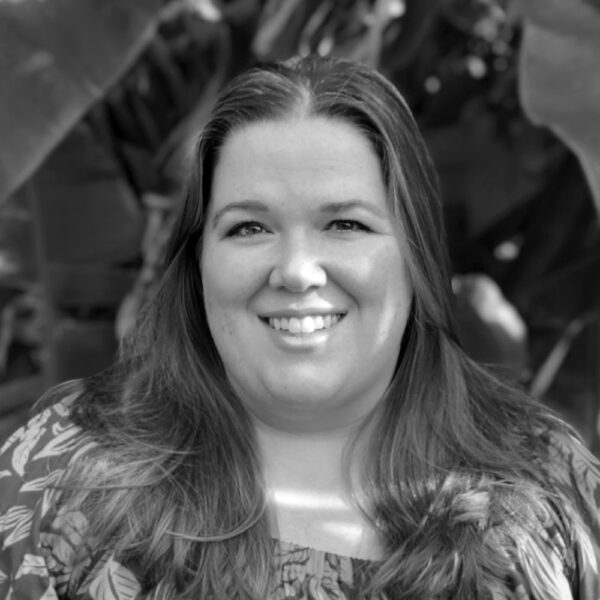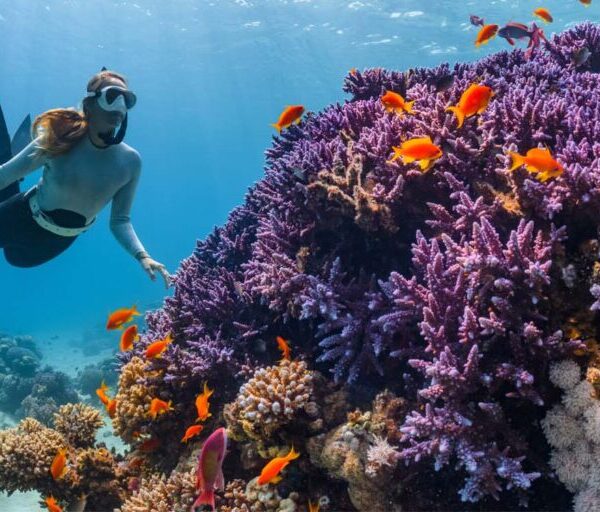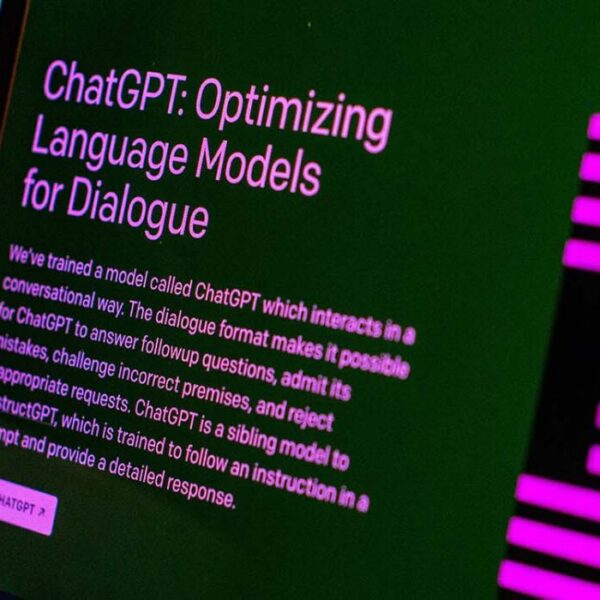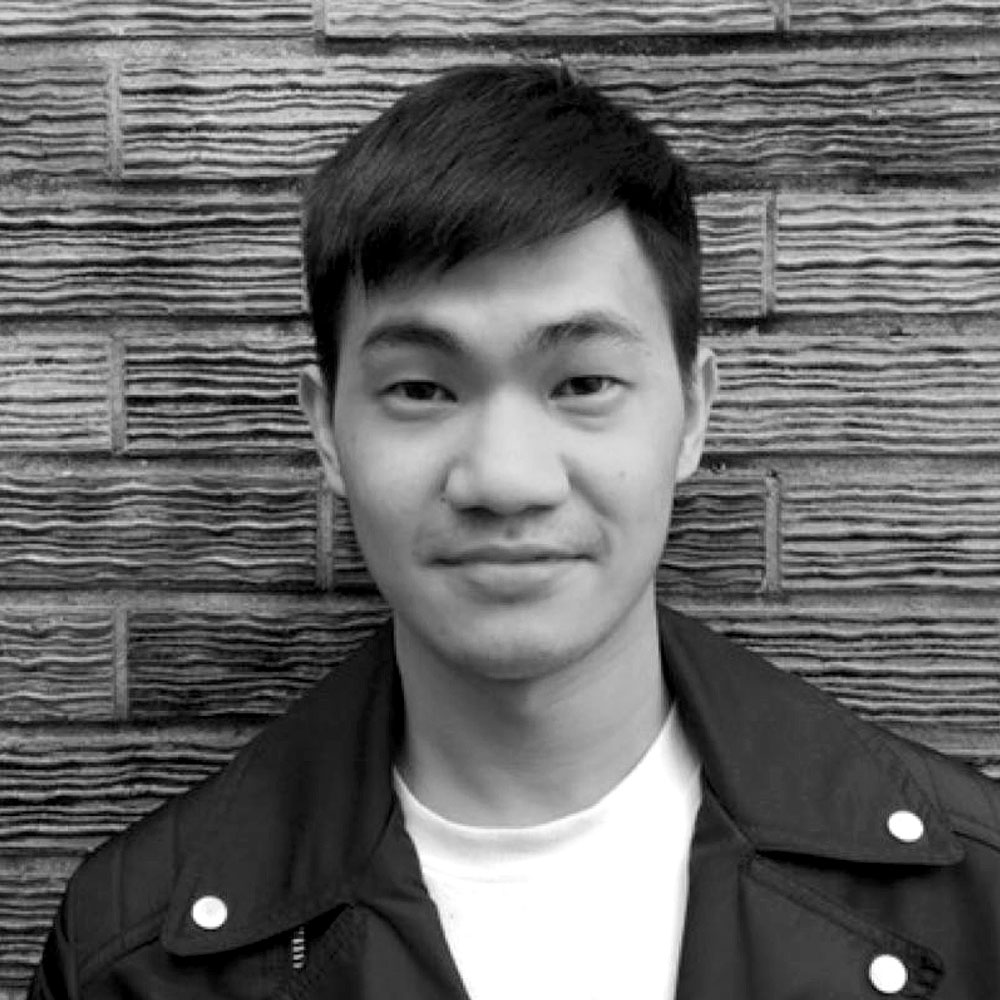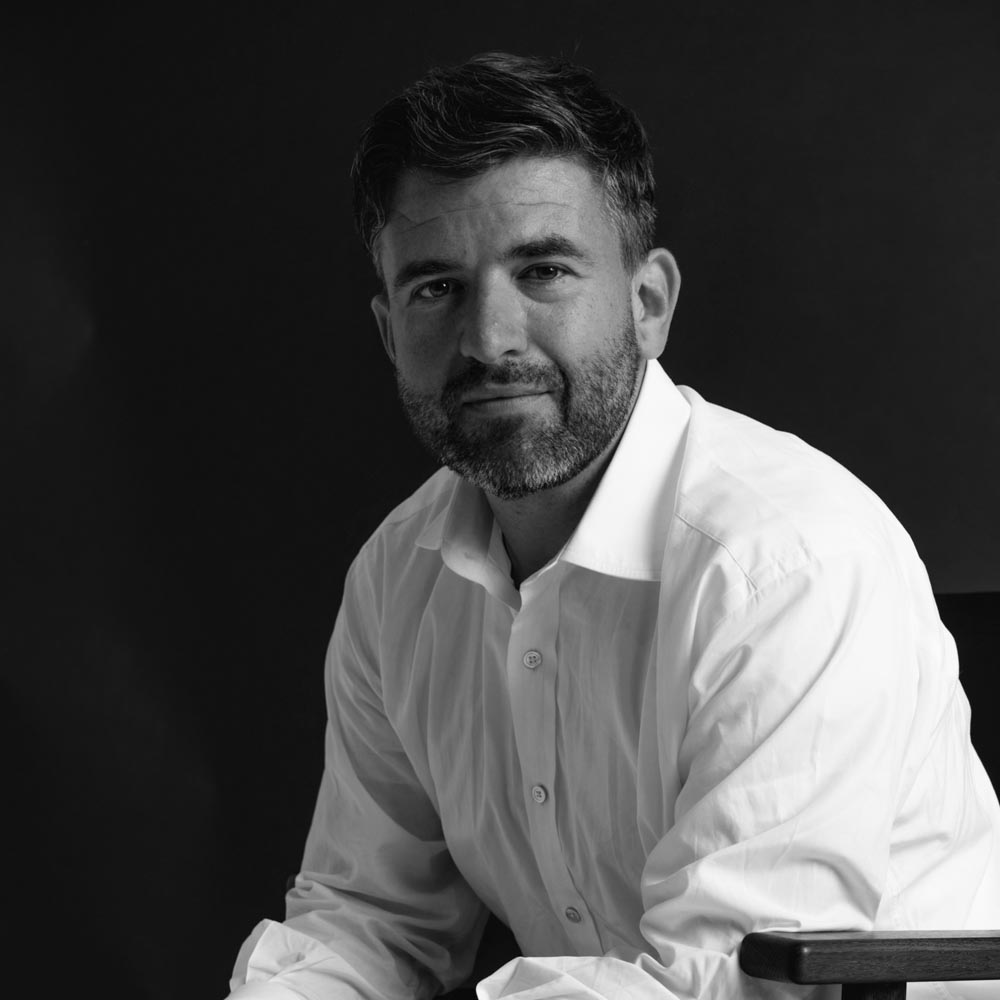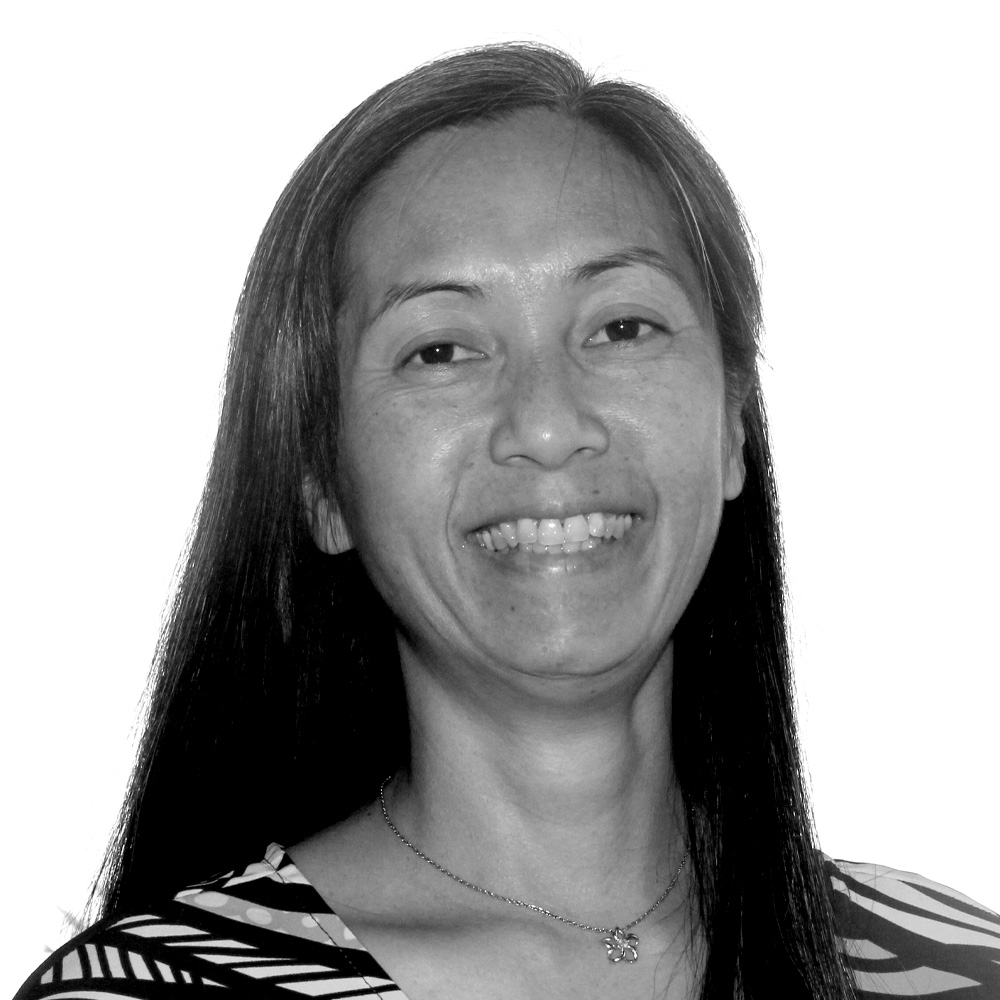Biography
Joseph Haldane is the founder, chairman, and CEO of IAFOR. He is responsible for devising strategy, setting policies, forging institutional partnerships, implementing projects, and overseeing the organisation’s global business and academic operations.
Dr Haldane has a PhD from the University of London in nineteenth-century French studies (ULIP/RHUL), and has research interests in world history and politics; international education; and governance and decision making. Since 2015, he has been a Guest Professor at Osaka University’s School of International Public Policy (OSIPP), and Co-Director of the OSIPP-IAFOR Research Centre since 2017.
In 2020, Dr Haldane was elected Honorary Professor of University College London (UCL) through the Bartlett School of Sustainable Construction, and full Professor in the United Nations Peace University's European Center for Peace and Development in 2022. A member of the World Economic Forum’s Expert Network for global governance, he holds visiting professorships at Belgrade and Doshisha Universities where he teaches ethics and governance. He is a member of the International Advisory Council of the Department of Educational Foundations at the University of Hawaiʻi at Mānoa.
Professor Haldane has had full-time faculty positions at the Université Paris-Est Créteil, Sciences Po Paris, and Nagoya University of Commerce and Business, as well as visiting positions at the French Press Institute (Université Paris-Panthéon-Assas), and the Schools of Journalism of Sciences Po Paris and Moscow State University.
Dr Haldane has been invited to speak at universities and conferences globally, including the UN HQ in New York, and advised universities, NGOs and governments on issues relating to international education policy, public-private partnerships, and multi-stakeholder forums. He was the project lead on the 2019 Kansai Resilience Forum, held by the Japanese Government through the Prime Minister’s Office and oversaw the 2021 Ministry of Foreign Affairs commissioned study on Infectious Diseases on Cruise Ships.
Panel Presentation (2025) | TBA
Previous Presentations

